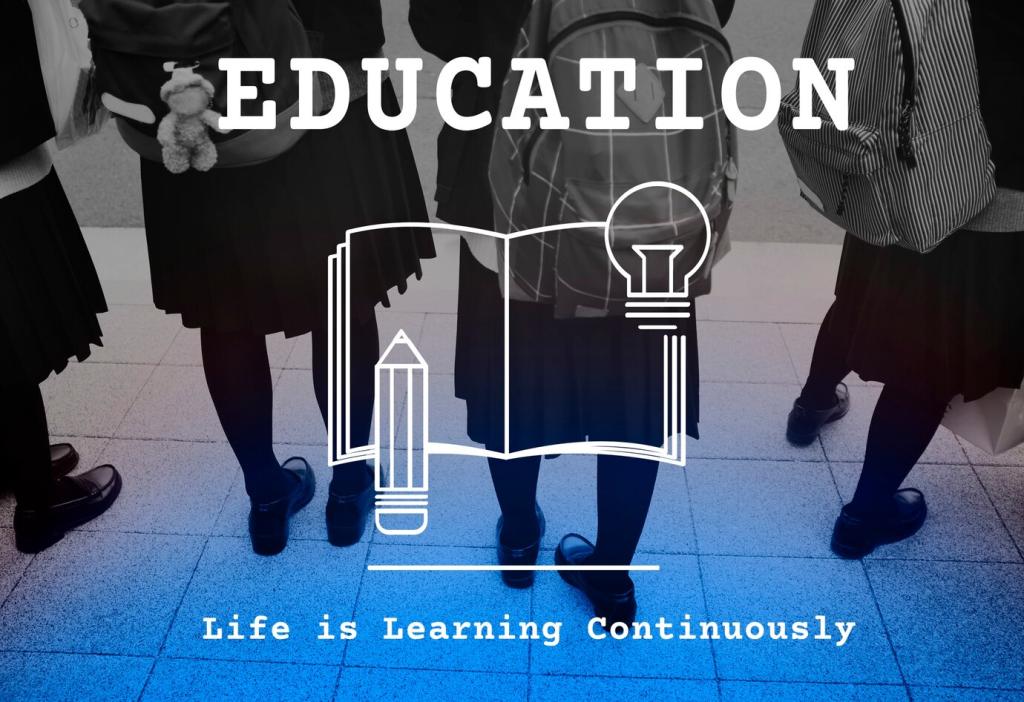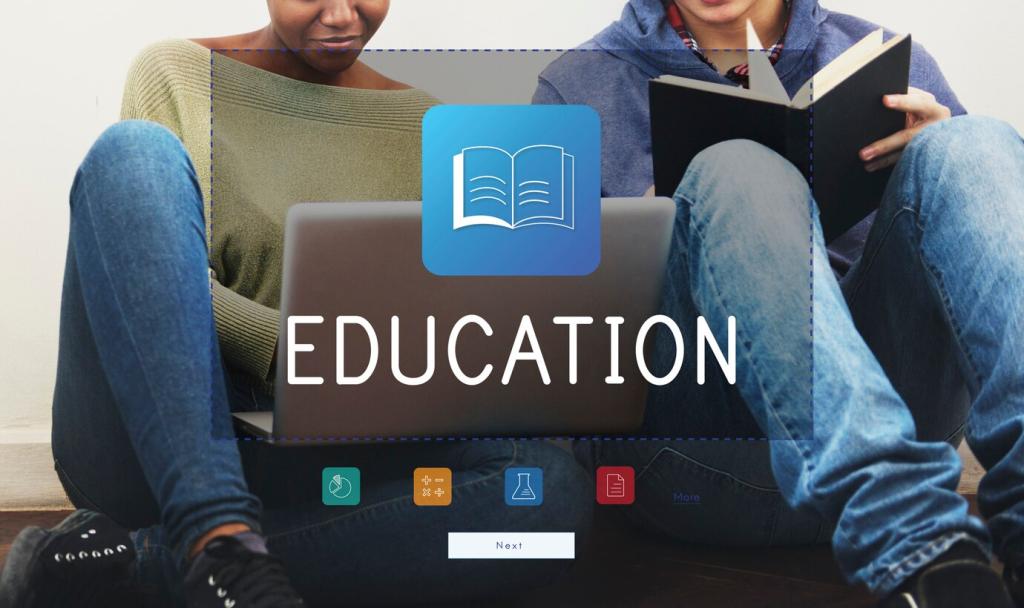Explore how Interactive Learning Environments in IT transform curiosity into capability. From hands-on labs to adaptive pathways, discover practical ways to build, teach, and learn with energy, empathy, and measurable impact.



Tools and Platforms That Power Interaction
A robust backbone matters. Use an LMS or LXP for structure, assessments, analytics, and accessibility. Then extend with plugins, APIs, and webhooks to orchestrate code runners, lab provisioning, and collaborative workflows seamlessly.
Tools and Platforms That Power Interaction
Provision disposable cloud environments for experimentation without fear. Spin up containers, VMs, or serverless sandboxes on demand. Reset with one click, ensuring learners safely break things, learn fast, and leave no long-term configuration drift.


Designing Hands-On Labs That Stick
Begin with a real story: a failing deployment, a mysterious outage, or a security alert. Let the scenario dictate the tools and tasks, making every command purposeful and every fix connected to business reality.
Designing Hands-On Labs That Stick
Use quests, badges, and leaderboards judiciously. Reward clear debugging notes, clean commits, and documented decisions. The game should amplify learning, not distract from the craft or encourage shortcuts that undermine understanding.
Adaptive Paths and Personalization
Track attempt patterns, time-on-task, and hint usage to infer confidence, not just correctness. Combine code quality metrics and reflection prompts to surface gaps and strengths that multiple-choice tests simply miss.
Adaptive Paths and Personalization
Offer targeted refreshers for weak areas and skip-ahead options for mastery. Dynamic branching respects time and maintains flow, balancing challenge with support so momentum never stalls or veers into frustration.
Adaptive Paths and Personalization
Explain what data you collect and why. Provide opt-outs, anonymization, and bias checks. Trust grows when learners understand how analytics steer recommendations and when they control their own learning footprint.




Metrics with Meaning
Track beyond completion: measure deploy confidence, incident response time, code review quality, and onboarding speed. Align lab objectives with team OKRs so improvements in learning translate directly into operational performance.
A/B Testing Curricula
Experiment with prompt timing, hint density, and challenge ordering. Use randomized cohorts, analyze effect sizes, and sunset what underperforms. Share results openly to build collective wisdom across your learning community.
Close the Loop with Learners
Run pulse surveys after labs, invite postmortems, and host retrospective discussions. Ask what confused, delighted, or dragged. Subscribe for future experiments, and comment with metrics you track to prove learning sticks.
